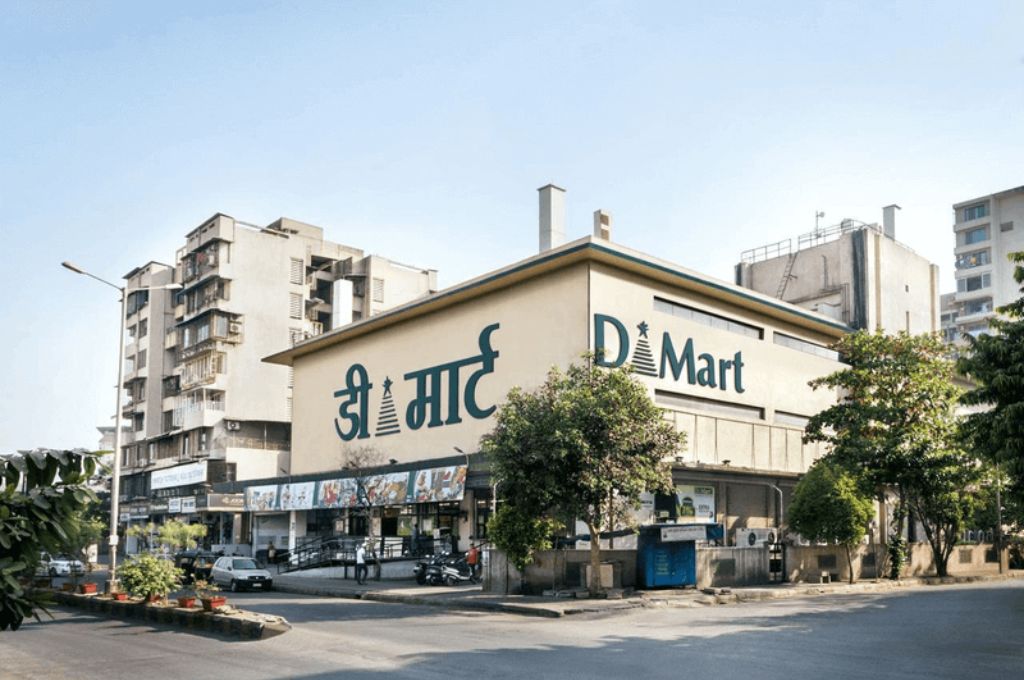Once the unrivaled monarch of India’s organized retail sector, D-Mart today stands at a crucial crossroads. The retail giant, which delighted consumers and investors with affordable products and remarkable returns respectively, is now feeling the heat from escalating competition and e-commerce’s relentless surge.
Radhakishan Damani, a seasoned investor and respected mentor to market veterans like Rakesh Jhunjhunwala, launched D-Mart in 2002. His rigorous market research and unconventional strategies laid the foundation for D-Mart’s unprecedented success.
Damani’s masterstroke was offering discounts that surpassed competitors like Future Retail’s Big Bazaar. But in the discount game, D-Mart faced stiff challenges. The retailer responded by adopting a model of owning retail space instead of renting, effectively cutting rental costs. Despite the initial high investment, this move began yielding substantial profits as D-Mart expanded.
One critical strategy that sets D-Mart apart is the slotting fee – a fee that companies pay to display their products at prime supermarket spots. This, coupled with Damani’s commitment to low overheads, allowed D-Mart to sell products at 20-30% lower than MRP. From minimal staff presence to adequate lighting, D-Mart prioritized affordability over luxury in-store experiences.
In the financial year 2014-15, D-Mart’s strategy was vindicated as it outperformed competitors. While Future Retail made a profit of INR 1.53 billion, and Reliance Retail earned INR 1 billion, D-Mart prevailed.
However, the wheels of fortune have since turned. D-Mart’s share price has tumbled by 40%, prompting questions about its long-term sustainability and the role of Reliance Retail in its downfall.
Reliance Retail’s aggressive expansion, coupled with online retail platforms like Amazon Pantry and Flipkart Supermarket, is eroding D-Mart’s market share. D-Mart’s foray into e-commerce, D-Mart Ready, posted a loss of INR 14.2 billion in FY 2022.
An additional blow came from rising inflation rates, impacting D-Mart’s high-margin non-essential product segment, leading to reduced sales and squeezed profits.
D-Mart’s conservative approach to expansion, coupled with high real estate prices, has hampered its growth. The company opened just 22 stores in 2023, compared to 50 in the previous year.
However, all is not lost for D-Mart. Its sustained focus on providing affordable goods gives it an edge. The company’s potential for expansion is immense, with several cities yet to experience D-Mart’s presence. Moreover, its competitors’ discounts-driven strategies are not sustainable in the long run.
While D-Mart has weathered significant challenges, its future rests on how it strategizes against the triple threats of e-commerce, competition, and inflation. As an observer of the Indian retail industry, one can’t help but stay riveted to the unfolding drama.

















